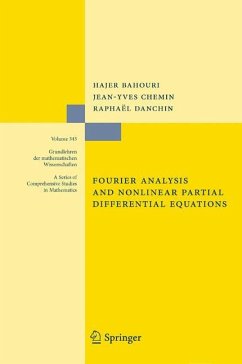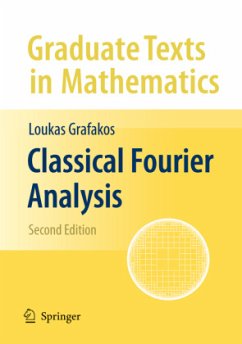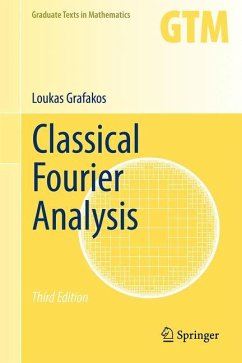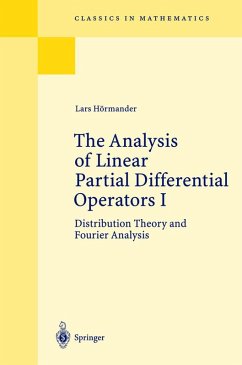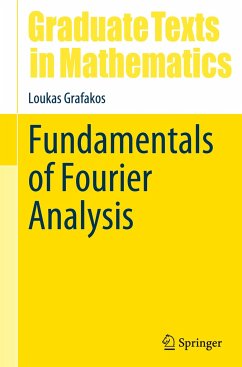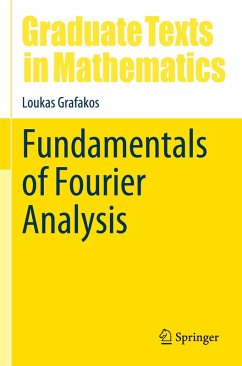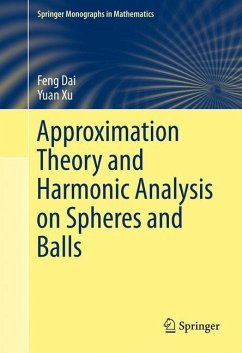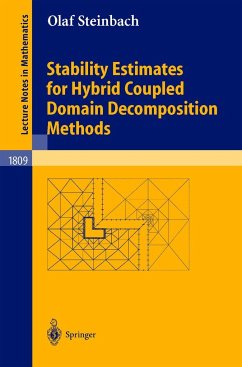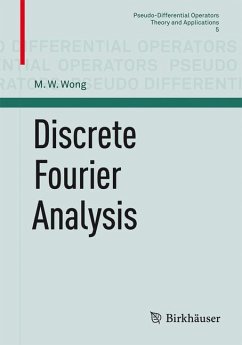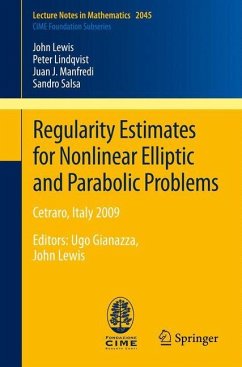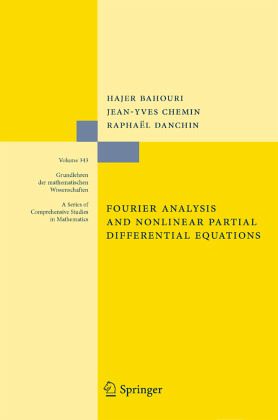
Fourier Analysis and Nonlinear Partial Differential Equations
Versandkostenfrei!
Versandfertig in 6-10 Tagen
83,99 €
inkl. MwSt.
Weitere Ausgaben:

PAYBACK Punkte
42 °P sammeln!
In recent years, the Fourier analysis methods have expereinced a growing interest in the study of partial differential equations. In particular, those techniques based on the Littlewood-Paley decomposition have proved to be very efficient for the study of evolution equations. The present book aims at presenting self-contained, state- of- the- art models of those techniques with applications to different classes of partial differential equations: transport, heat, wave and Schrödinger equations. It also offers more sophisticated models originating from fluid mechanics (in particular the incompr...
In recent years, the Fourier analysis methods have expereinced a growing interest in the study of partial differential equations. In particular, those techniques based on the Littlewood-Paley decomposition have proved to be very efficient for the study of evolution equations. The present book aims at presenting self-contained, state- of- the- art models of those techniques with applications to different classes of partial differential equations: transport, heat, wave and Schrödinger equations. It also offers more sophisticated models originating from fluid mechanics (in particular the incompressible and compressible Navier-Stokes equations) or general relativity.
It is either directed to anyone with a good undergraduate level of knowledge in analysis or useful for experts who are eager to know the benefit that one might gain from Fourier analysis when dealing with nonlinear partial differential equations.
It is either directed to anyone with a good undergraduate level of knowledge in analysis or useful for experts who are eager to know the benefit that one might gain from Fourier analysis when dealing with nonlinear partial differential equations.




